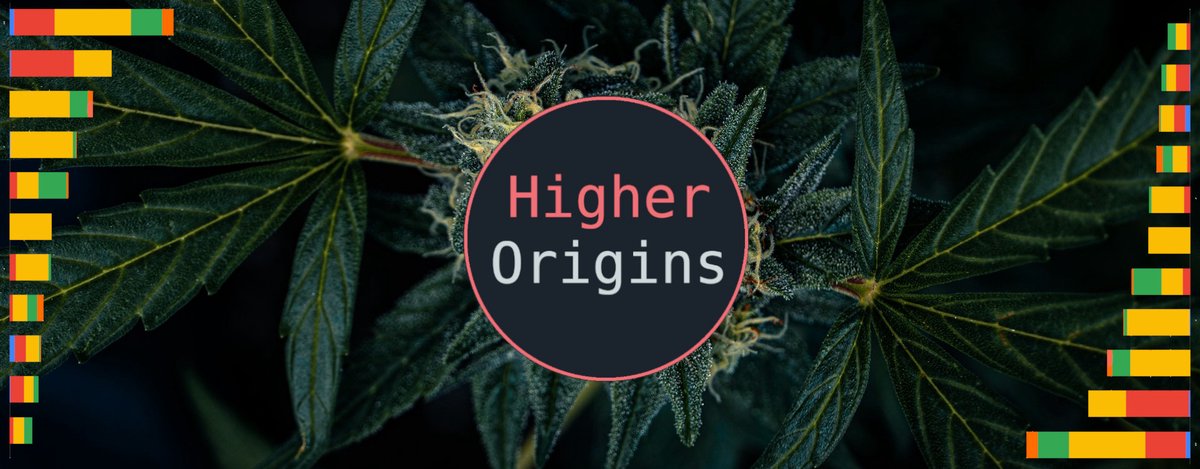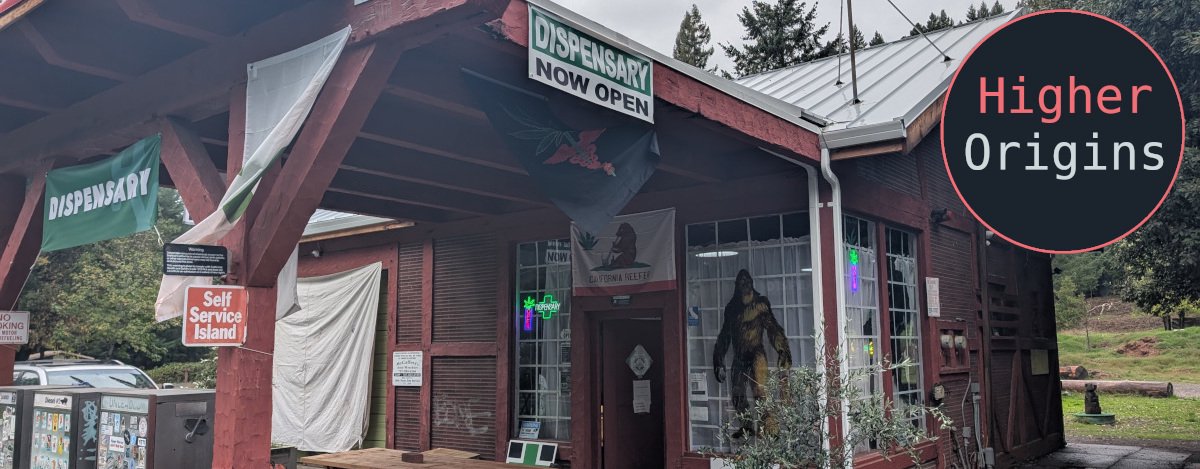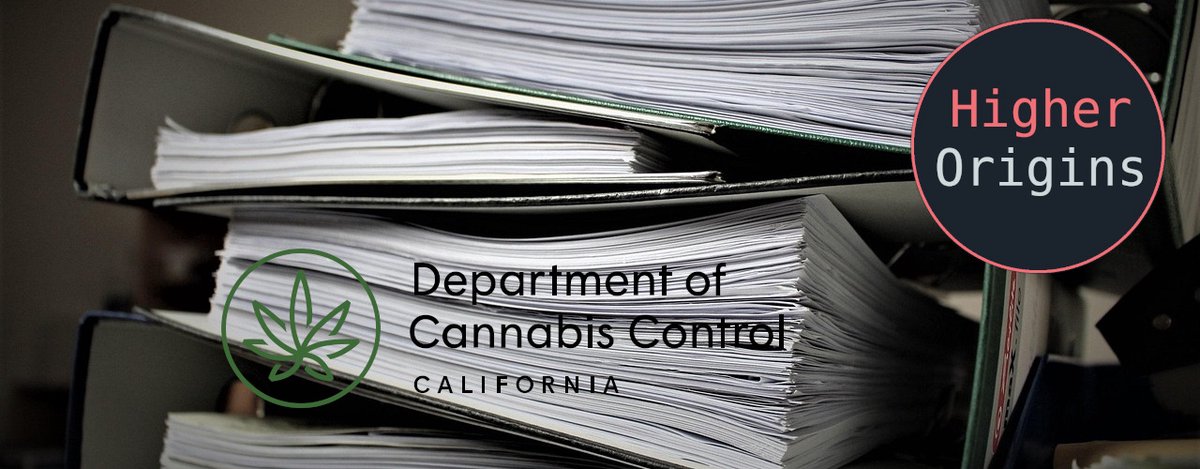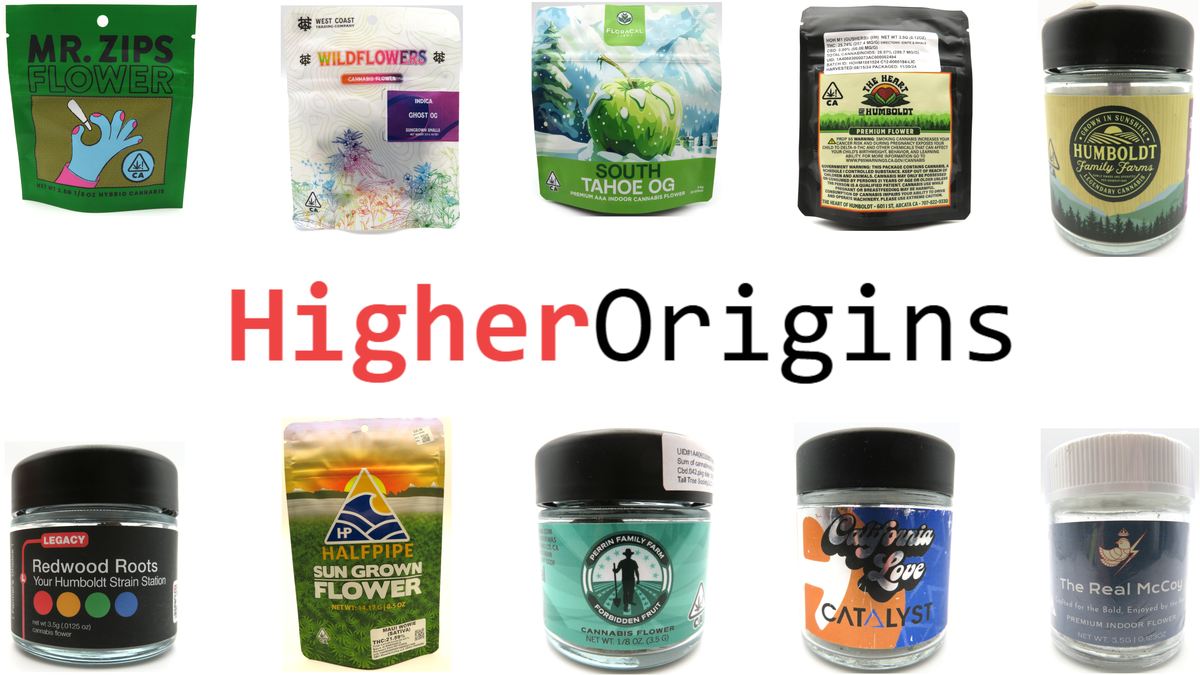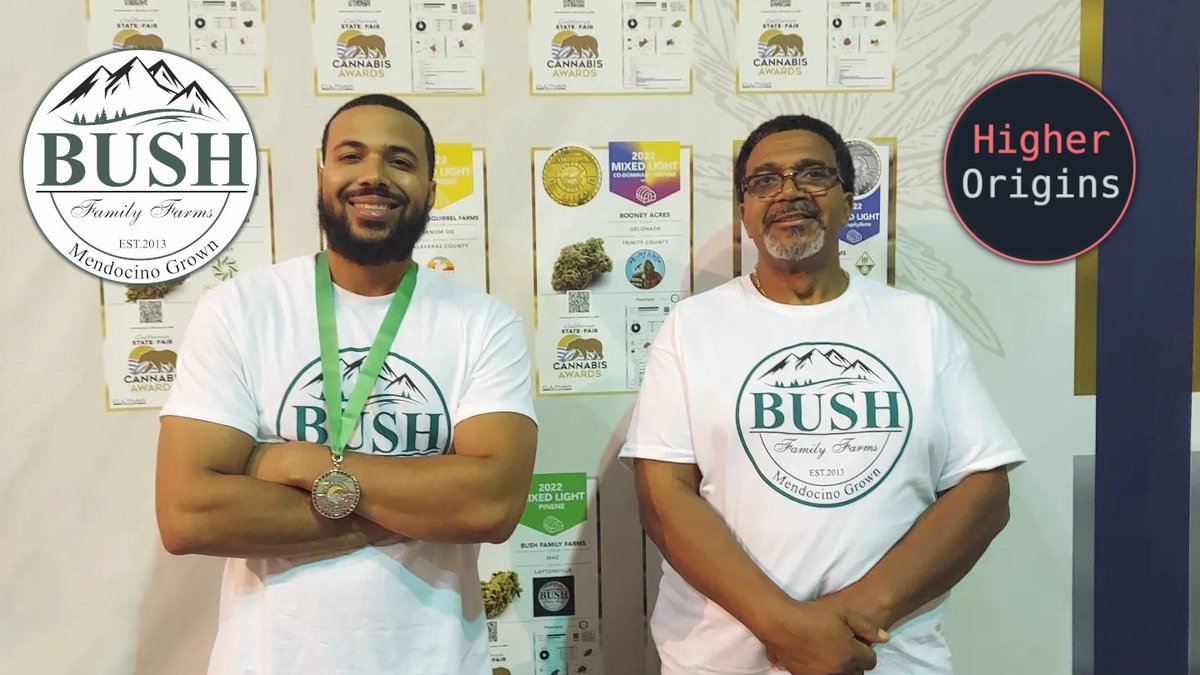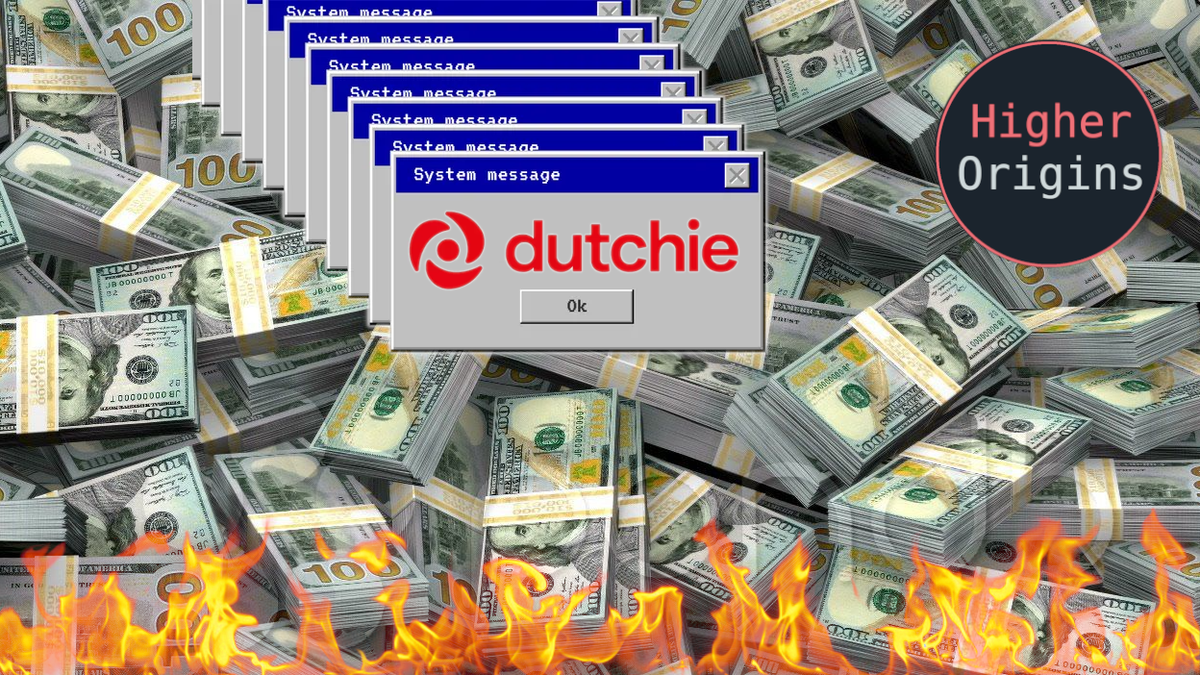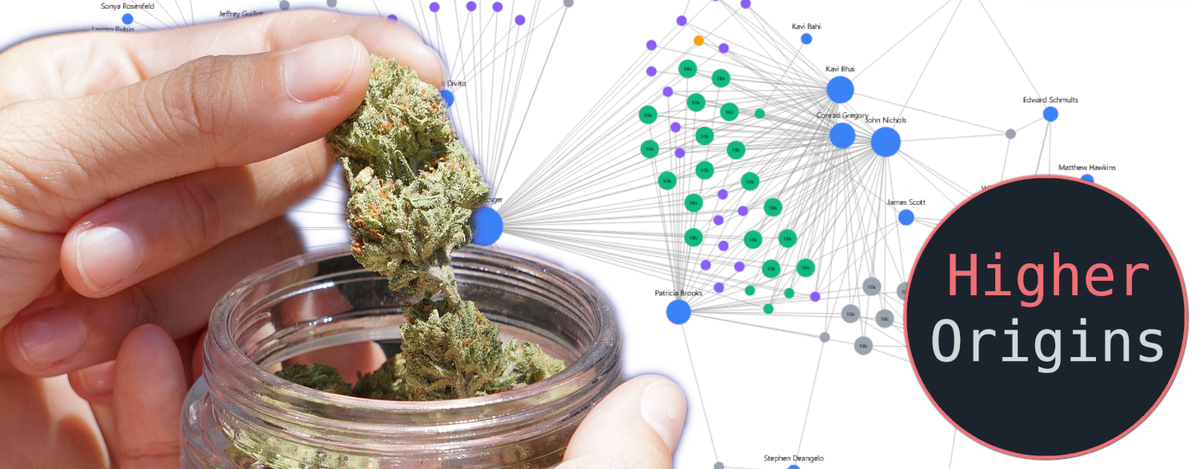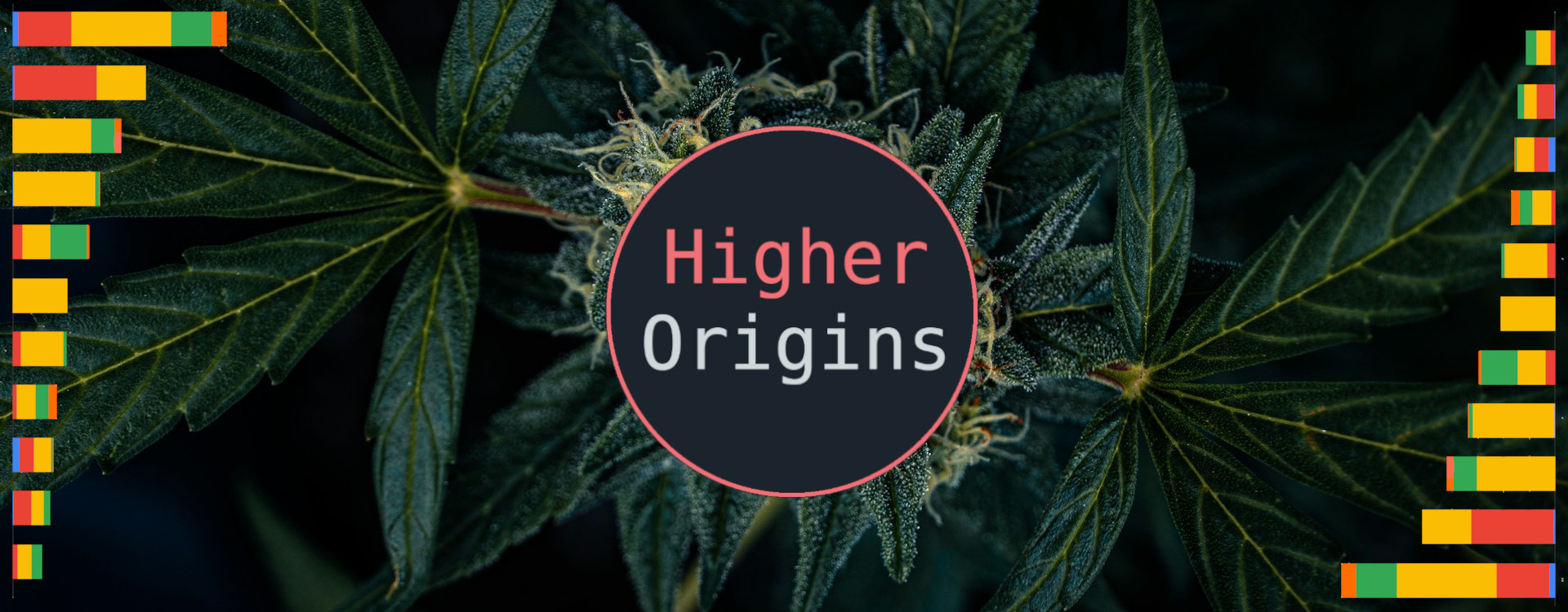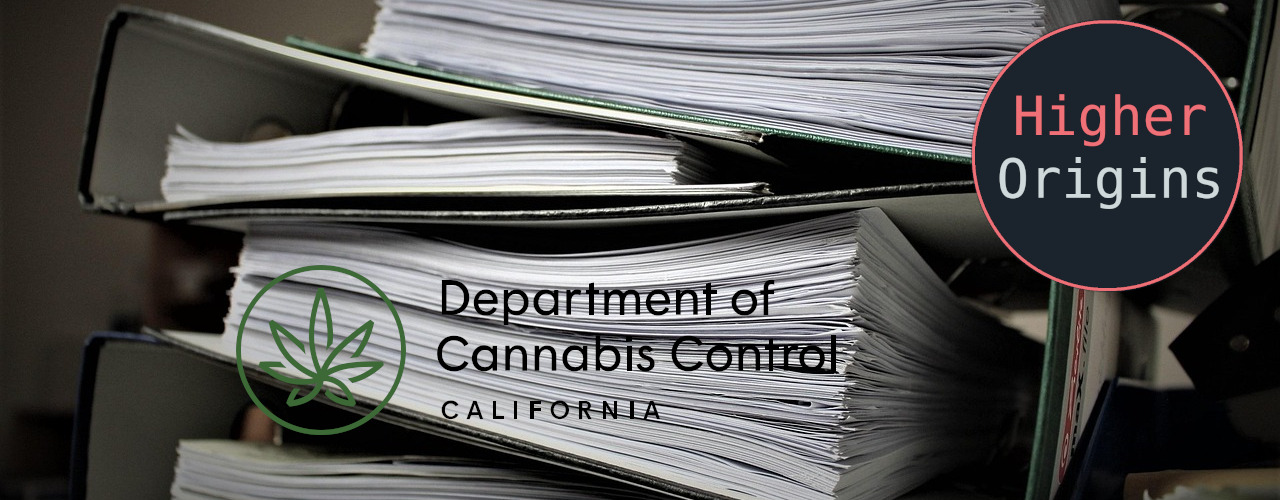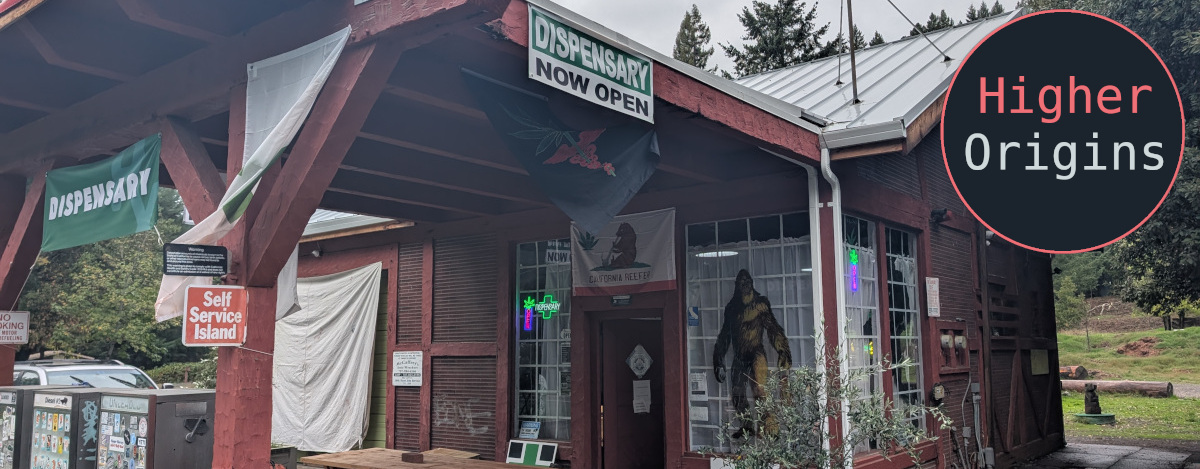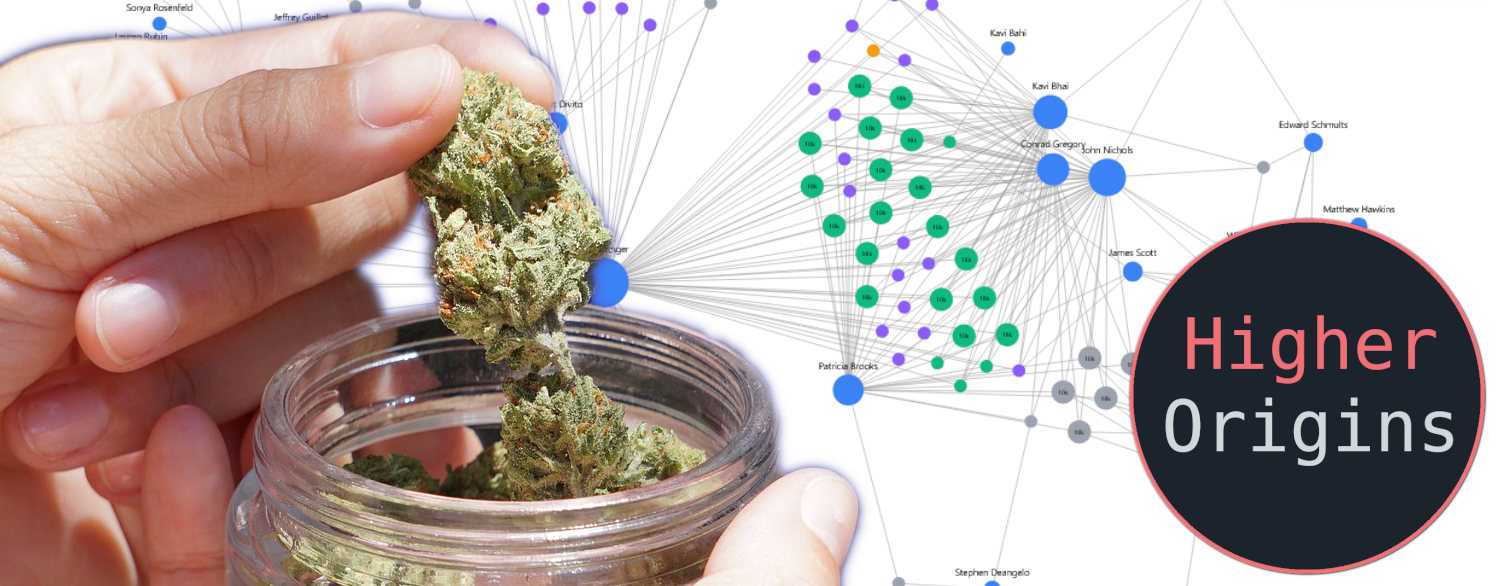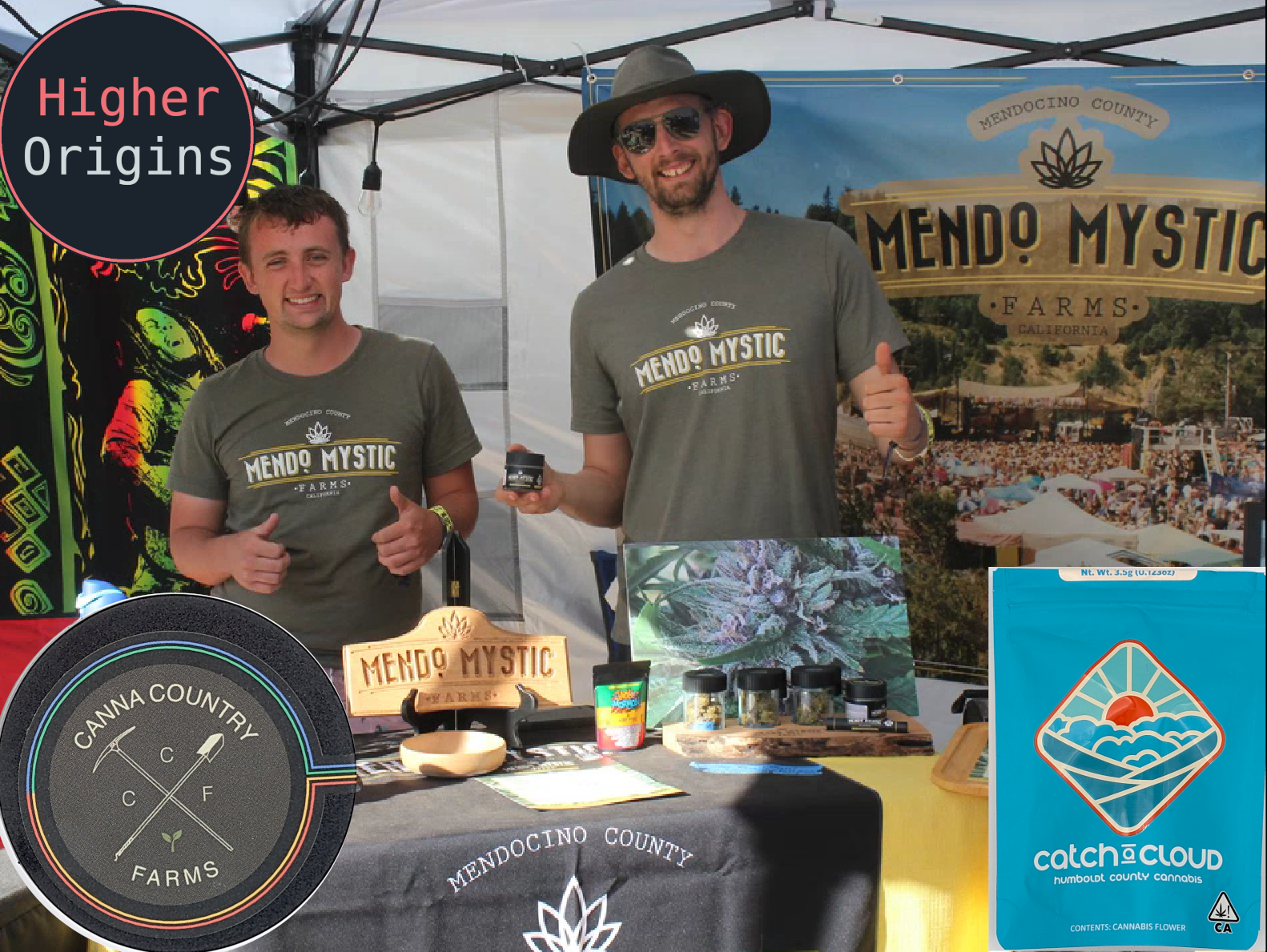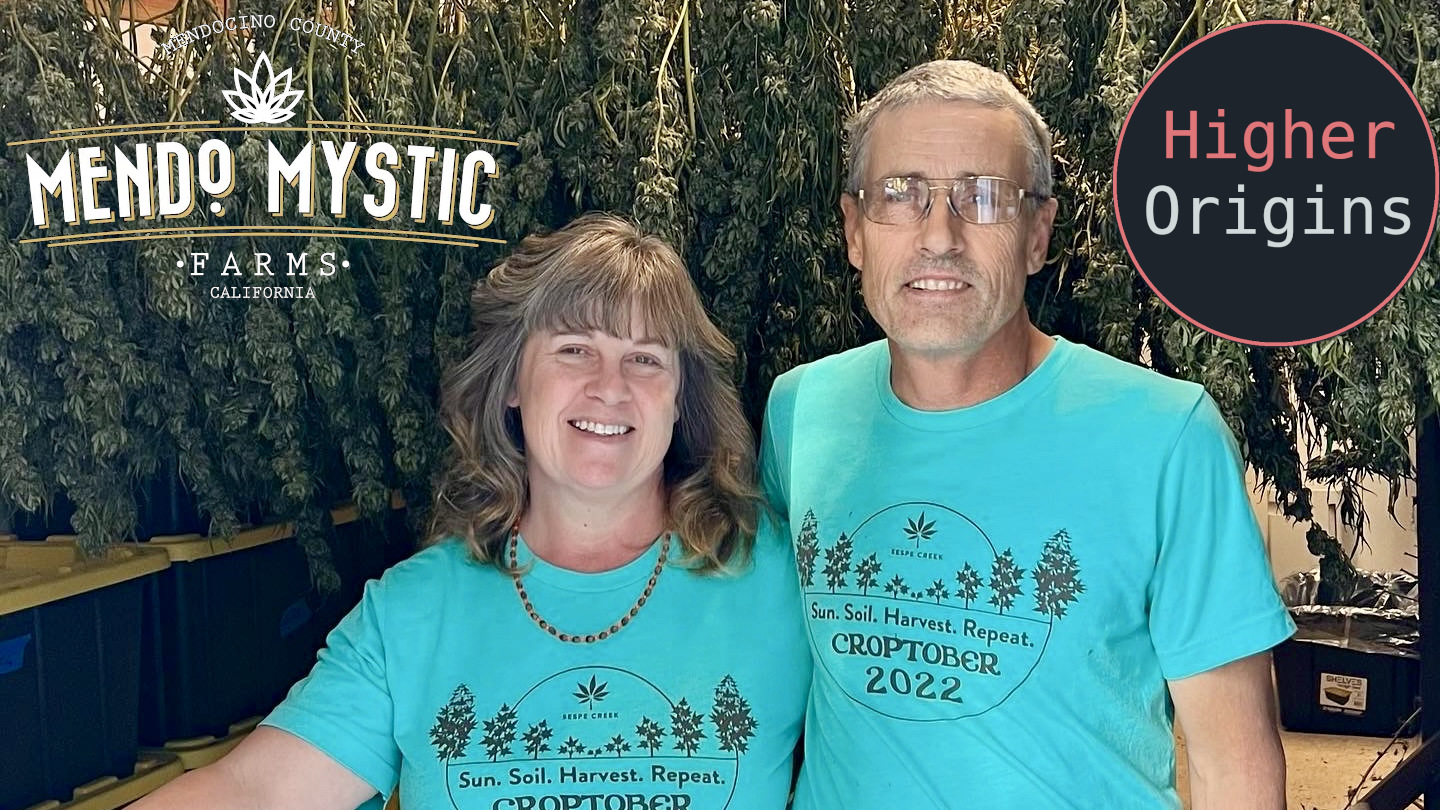These days, the cannabis industry is known just as much for its failures as for its wins. Since Higher Origins is working in the same industry, we’re always seeking to understand and avoid the fatal issues that have killed other cannabis companies. In this article, we will dig into some recent high-profile failures, discuss their causes, and discuss the potential failure modes of other companies that are still operating. Finally, we will discuss how we have structured Higher Origins to avoid some of these pitfalls.
Herbl
On June 20th 2023, it was announced that Herbl’s main lender had canceled their credit line, and the company was entering into a receivership to liquidate its remaining assets. Herbl was the largest distributor in the state, until large accounts like Raw Garden canceled their contracts, leading to a debt spiral. Herbl allowed accounts to continue ordering cannabis, despite the fact that many retailers were not paying their bills, leaving Herbl in the position of effectively subsidizing the state’s least successful retailers on their own credit line. Brands across the state are still owed collectively millions of dollars from Herbl transfers that they will likely never receive, and the operational contagion of this failure continues to spread.
Herbl operated as a standard middleman distributor. They would take in cannabis from brands on consignment terms, send it to retailers, and (theoretically) collect payments from the retailers to pay back the brands, minus their fees. When retailers wouldn’t pay, Herbl frequently would pay out the brands anyway from their own capital, effectively buying delinquent invoices. This, coupled with the overhead of statewide operations and up to 200 employees on payroll, resulted in default and corporate failure.
You can find more about the Herbl failure in these articles from the SF Gate, MJBizDaily, and Cannabis Business Times.
Grassdoor/GetHerb
On November 11th, CEO Chi-Chien Hou announced that Grassdoor was entering insolvency proceedings, ceasing operations, and laying off all employees. Immediately following this, many employees took to Linkedin to share the news, and the websites of Grassdoor and GetHerb, their secondary brand, were taken offline, only displaying error messages (Editor's note: at the time of publishing, GetHerb was down, but Grassdoor's site was live again but nearly unresponsive). Grassdoor has been plagued by issues over the past few years, including alleged wage theft, a CEO change, and lawsuits over illegal text message marketing.

New Grassdoor CEO Chi-Chien Hou delivers the bad news to employees via webinar
Grassdoor focused on direct-to-consumer delivery, connecting consumers to brands through their app/website, and handling orders through their in-house delivery service. The heart of Grassdoor’s operation was their non-storefront delivery. Unfortunately, delivery is an extremely thin profit margin business due to strict regulations, high overhead, and the variable cost to move product. As the pandemic faded and more consumers chose in-person retail over delivery, Grassdoor’s initial consumer demand shrank and their revenue dried up. As we see it, there still isn’t really a viable delivery option for brands out there. Small order sizes, variable customer locations, and inconsistent order times, as well as the financial limitations of cannabis law, make it next to impossible for any of the current or past delivery models to hit sustainable margins anywhere close to other companies like UberEats or DoorDash.
Lessons Learned:
These two high profile failures can teach us a lot about the underlying issues that led to their failures.
Debt: These companies made a bet that given enough of other people’s money they could eventually spend their way towards repeatable recurring profits. Furthermore, they were able to convince investors that they could do this.
Becoming the Bagholder: Herbl made the fatal mistake of internalizing the losses of failing retail operators throughout the state. Given the lack of enforcement in the case of non-payment, and the high default rate of cannabis invoices, this was a needless burden.
Accepting Risky Clients: When a client failed to pay, they were still allowed to operate within the Herbl network. Allowing known toxic accounts to remain active in good standing within a portfolio is a major failure.
Betting on Temporary Trends: GrassDoor grew through investment in their delivery services. Their growth corresponded with the Covid-19 quarantine period, when direct-to-consumer delivery became extremely popular. However, post-Covid consumers began to rely less on delivery, and more delivery services opened, increasing Grassdoor’s competition and decreasing their customer base. Grassdoor was equipped to thrive as a pandemic company, but couldn’t maintain their growth in different market conditions.
Assuming Cannabis is a Normal Industry: Any company entering cannabis with a traditional business and investment mindset, especially if they are plant touching, is out of its depth. In cannabis, there are no guarantees, no write-offs, and no discounts. A corporate mindset built in normal, government-supported industries with guardrails and accountability cannot thrive in an industry that started in a gray area and has been actively sabotaged since then. Herbl and Grassdoor were founded with these traditional mindsets.
Betting on Big Brands: Due to the more metropolitan focus of these larger supply chain businesses, they often focus on large brands that can bring in a big payday and provide a quick way to scale. However, this can also be a liability since losing a large brand can cause a fatal revenue drop, as seen with Herbl’s loss of Raw Garden.
What Other Players Are Doing:
There are currently many other organizations out there that have not failed (yet) and are working to distribute, deliver, and manage within the cannabis supply chain.
Other integrators similar to Higher Origins are building delivery systems to bring small farm cannabis directly to consumers. These integrators have made the step of getting their own delivery license, complete with the massive overhead involved. Holding a delivery license while also developing software, building networks, and still hoping to make a profit is a bet with very slim odds.
At a larger scale, the remaining leading distributors in the state have learned from Herbl and are emphasizing risk management and vetting any invoices they buy to avoid being bagholders. While this is a better model financially, they still face the challenges of scaling to cover an area as large as California while maintaining their profit margins. Their logistics are largely centralized, with record-size facilities in central locations acting as hubs to intake and distribute. While these warehouses are impressive, they are huge capital investments that restrict companies from operating too far away from the hub, as logistics costs take up too much margin for long-distance operations. Likewise, these large distributors are still running multi-million dollar deficits, spending investor’s money to stay afloat.
Making Higher Origins Resilient to These Pitfalls:
-We Refuse to be Bagholders: Higher Origin’s business model doesn’t rely on invoice factoring/debt financing. Instead we’re building systems into Higher Origins to incentivize sustainable business practices such as shorter terms and Cash On Delivery.
-Nonpayers will be Excluded and Identified: Licensees who do not pay any invoices generated through Higher Origins software will lose their access to Higher Origins and have their reputation score on the platform reduced. We will not platform or enable non-payers.
-No Internalized License Overhead: Higher Origins is not a plant touching business and does not meet the requirements to need a license by the State of California. Rather, we are an ancillary platform which provides product discovery, marketing, connection between licensees, and compliance software. As a result, we are not subject to the extortionate license fees and permitting red tape that contribute great expense to other supply chain companies.
-Decentralized Across Many Companies and Brands: Since we don’t hold the licenses, we can’t do the growing, transport, manufacturing, distribution, or sales of cannabis. That’s where our users and partners come in. They are all licensed to perform these tasks, and are better at it than we could ever be. We allow them to showcase their specialties, and connect them with upstream and downstream partners to provide them the business and services they need. The core function of our platform is to enable networking and business partnerships, with integrated METRC so everything between partners stays compliant. As a result, Higher Origins will still function if one or many of our partners fails in some way, and our users have multiple partners to work with. Likewise, this means that we are truly statewide, as we can work, or not work, with facilities throughout the state. If the market shifts geographically, we are not bound to a specific facility location like a large operation with a big distribution center would be. This model is fully scalable- we could have every California license in good standing on our platform, or ten.
-We handle the marketing and networking: One of the largest obstacles to business expansion for brands is getting their name out there. Even something as deceptively simple as a WordPress site can be a significant challenge for a brand to create. We give brands a curated presence online, sharing their business through a profile, their story through interviews and articles, and their products searchable by location, strain, and terpenes. Likewise, our email marketing service allows brands to reach out to other licensees across our statewide community to promote wholesale menus, services, and products. We’ve identified brand outreach as a major pain point, especially for small businesses, and have designed our tools to specifically reduce this barrier to entry.
-We are privately held and can scale to zero: We don’t have investors who we need to satisfy. Our company is privately owned by a small team of professionals. Even in the case that no business is tracked or generated through Higher Origins for an extended period, our minimal overhead and highly automated tech stack allows us to continue as a resource for the industry with nothing more than our fairly priced (and shamelessly plugged) 35$ a month license fees. We can literally go on a vacation to Vegas for a week or two and our system will run itself with minimal input. We have no financial loss condition.
This is Still a Challenging Industry
While we're confident that we’ve designed our business model to avoid many of the pitfalls that other companies have fallen victim to, we’re also realistic. Regulatory changes, price suppression, government obstruction, and simple market failures are still real risks in California’s cannabis industry, and we realize that just because we’ve avoided some issues doesn’t mean that there won’t be others in the future. Nevertheless, we are continuing to grow our network of users and partners, and are still building out tools to streamline operations.
Our recent upgrades can be seen here, and we are currently putting the finishing touches on an email system which will allow users to promote their products and services to other licensees. If you would like to hear more about what we’re up to, we’ve also started using this system to promote Higher Origins itself, and you can sign up to the mailing list below. If you’re already convinced, you can sign up here, or if you’d like to help out, become a supporter here to help us grow and build more cool features!
Stay warm out there, and happy holidays!
-The Higher Origins Team

